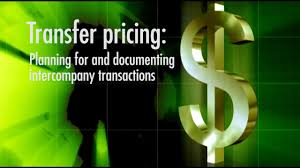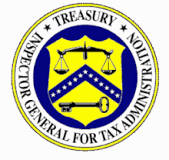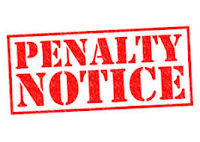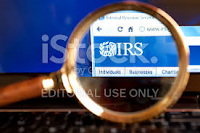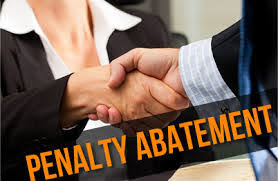On August 7, 2018 we posted IRS Win In Altera Cost-Sharing Row Withdrawn? where we discussed that the Tax Court had sided with Altera Corp., an Intel subsidiary, in the case in July 2015 after finding that the IRS had ignored significant evidence and public comments while issuing its rule requiring cost-sharing agreements between related parties to include the costs of stock-based compensation and that now on August 7, 2018 the Ninth Circuit withdrew its July 24 decision against Intel Corp. subsidiary Altera, letting stand a U.S. Tax Court decision invalidating IRS regulations that require employee stock option expenses to be shared with foreign subsidiaries in cost-sharing arrangements.
The Court of Appeals for the Ninth Circuit, reversing a Tax Court decision, has upheld the validity of a reg under Code Sec. 482 that requires controlled entities entering into qualified cost-sharing agreements (QCSAs) to share stock-based compensation (SBC) costs. A dissenting opinion rejected the reg, for similar reasons as those in the Tax Court decision.
- 2015 Tax Court decision. The Tax Court held that Reg. § 1.482-7A(d)(2) was invalid because it failed to satisfy State Farm 's reasoned decision-making standard. (Altera Corporation and Subsidiaries, (2015) 145 TC 91)
- CA 9 reversed, upholds reg. The Court of Appeals for the Ninth Circuit, on July 24, 2018, reversed the Tax Court and upheld the reg. It said that IRS's rule-making complied with the APA, and its reg is entitled to Chevron deference. A dissenting opinion would have rejected the reg, for reasons similar to those of the Tax Court. (Altera Corporation and Subsidiaries v. Comm., (CA 9 7/24/2018) 122 AFTR 2d ¶2018-5068)
- One of the judges that was part of the majority in the case died after oral arguments in October 2017 but before the decisions were released in July 2018.
- CA 9 withdrew its opinion. The Ninth Circuit withdrew both the majority and dissenting opinions filed on July 24th, allowing time for a "reconstituted panel" of judges to confer (i.e., with a new judge taking the place of the deceased judge).
- CA 9 upholds the regs again – The court first held that the reg did not exceed the authority delegated to IRS under Code Sec. 482. The court also explained that Code Sec. 482 does not speak directly to whether the IRS may require parties to a QCSA to share employee stock compensation costs in order to receive the tax benefits associated with entering into a QCSA.
Altera, now an Intel Corp. subsidiary, had agreed to share research and development costs with a Cayman Islands affiliate. The chipmaker had argued that the statute, by its plain terms, cannot apply to stock-based compensation. Payments that the Cayman Islands subsidiary made to Altera did not include the costs of stock-based compensation, and the IRS issued a deficiency notice saying that Altera’s cost-sharing payments were short by more than $80 million from 2004 to 2007.
The majority interpreted Altera’s argument as saying that only preexisting intangibles, unlike stock-based compensation, can be transferred between parties. However, businesses that enter into cost-sharing agreements are “transferring future distribution rights to intangibles … that have yet to be developed,” Judge Thomas said.
In addition to noting that Congress had sanctioned a flexible methodology to achieve an arm’s-length result, Judge Thomas rejected Altera’s contention that the IRS and the U.S. Department of the Treasury had improperly rejected comments from the public when they had first proposed the rule.
Similar to his last opinion in the case, he said that Treasury had given sufficient notice for its rule and articulated why treating stock-based compensation as a cost led to arm’s-length results.
“The majority accepts the latest of the [IRS’] ever-evolving post-hoc rationalizations and then, amazingly, goes even further to justify what Treasury did here.”
The lawsuit, which started in 2012, attracted the attention of law professors, business groups and other technology companies, which advised the court to rule one way or another.
Other major multinational companies including Microsoft disclosed that they were either closely watching the lawsuit or banking on significant tax refunds if Altera prevailed.
Contact the Tax Lawyers at
Read more at: Tax Times blog



